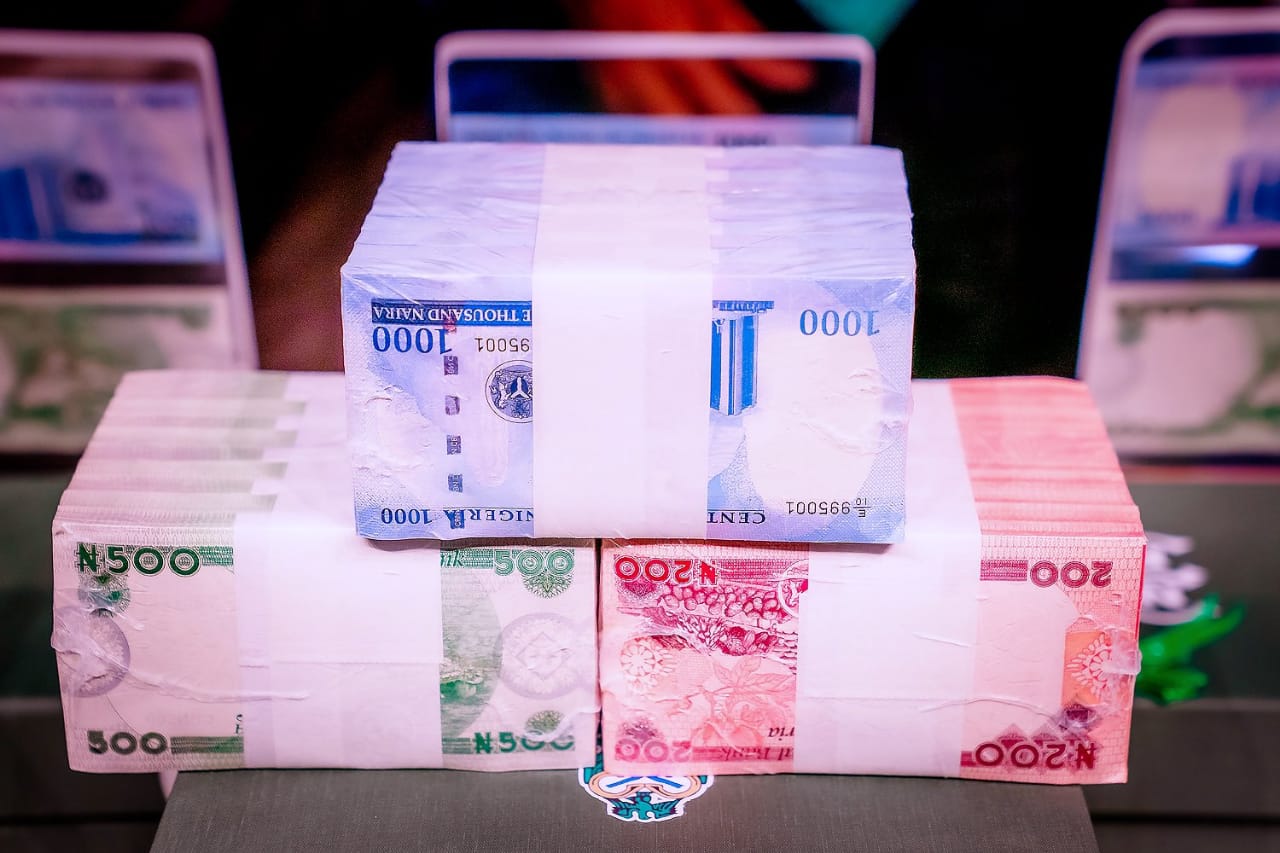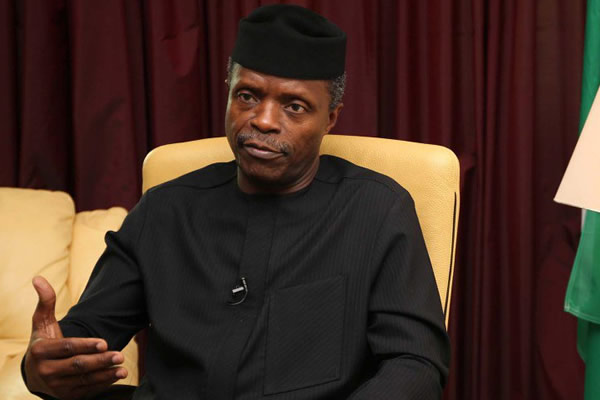Naira scarcity takes a toll on health care sector

*Patients denied access to health care as death figures rises
By Doosuur Iwambe
The Naira scarcity occasioned by currency swap policy of the Central Bank of Nigeria (CBN), has taken a huge toll on the health sector as patients are being denied access to health care.
A visit to some of the facilities in the outskirts of the Federal Capital Territory showed that the facilities operate mainly on cash-only systems or have poor e-payment systems.
The facilities turn down transfers, insisting on cash payments as hospital officials insist on payment before attending to patients.
At the General Hospital Facility in Nyanya, patients were said to be rejected due to lack of cash.
Narrating her ordeal, one of the patient who simply identified herself as Laraba said, she waited for about three hours before she was admitted in one of the private hospital facilities in Lugbe because her debit alert did not clear her in time.
She said; I’m about six months gone and was not feeling too fine. My husband took me to a government facility but we were not attended to because of cash scarcity.
“We opted for this private hospital facility where they insisted on seeing the debit alert before I will be attended to. This is a very sad development. What if its an emergency? What ever the governor is doing to end this must be done fast because its no longer funny”, she said.
On his part, Patrick Ogini, whose younger brother was admitted another private facility in the Sauka, Lugbe said, “We face the same situation as hospital staff refuse to accept transfer; they prefer cash, which we don’t have. However, they now allow us to make cash transfer since naira is scarce.”
Since the government announced the deadline for the cash swap, many of the patients die at home or the facilities, or get worse while waiting to get cash to pay and access care.
It was gathered that even at health facilities that operate e-payments systems, the absence of the alternative of cash payments due to naira scarcity had led to such long queues and network issues that patients get worse or are denied care all together.
Findings revealed that some patients face rejection in some hospitals for lack of cash.
It was alao gathered that some emergency cases have been abandoned in Abuja leading to the death of some with critical condition.
Mesnwhile, some psychiatrists in the health sector have lamented the negative impacts of the current scarcity of naira notes on the mental health of Nigeria.
According to them, the development is negatively affecting the mental health of the people, thus making some of them more vulnerable to mental health conditions.
The Vice-President, Association of Psychiatrists of Nigeria (APN), Dr Veronica Nyamali, said that the scarcity of naira notes had contributed to the existing mental health instability in the country.
She also said that the trend had brought many to the verge of developing psychiatric problems.
Nyamali said that the naira scarcity had made those who were vulnerable to mental health issues to totally develop mental health disorder, while those not vulnerable were also being put at risk.
According to her, the Nigerian economy, still in post COVID-19 era where people are trying to cope and revive their businesses, with the election drawing closer, then suddenly the scarcity of new naira issue crops up.
She also expressed concern that the current situation had inflicted additional stress on the citizens.
According to her, when an economy has lots of psychosocial issues like this, the situation will definitely affect the mental health of the citizens.
She said, ”Already most Nigerians are battling with one underlying behavioural mental health problems or the other, such as depression, anxiety, alcohol and substance abuse.
”Presently, people do not have enough sleep. Instead, they spend lots of their productive time at fuel stations and bank ATM points.
”There are different displays at banks; people are aggressive; some are even going to the extent of fighting and using abusive words on others without minding the implications.
”The truth is that in all of these, the citizens’ mental health is being affected.
“The situation is enough to bring those who are vulnerable to mental health problems toward fully developing mental health condition and equally putting the non-vulnerable ones at risk.”
Nyamali, therefore, advised Nigerians to be conscious of their mental health, particularly at this period so that they could remain mentally stable.
Similarly, Dr Taiyeola Kajero, a consultant psychiatrist with Federal Neuropsychiatric Hospital, Yaba, Lagos, said that the naira issue, combined with other challenges, were bound to increase the number of people having mental health disorder.
According to Kajero, many people have resorted to taking drugs and alcohol in the process of trying to cope with the challenges.
READ ALSO: Turkey issues arrest warrants for building contractors
He also said that the situation had put many in depression, with some losing interest in activities that normally gave them joy.
”Before now, people are going through lots of stress in the country, which has led many into depression.
”And when someone is depressed, anything can happen. It can result in suicide, homicide or even violence,” Kajero said.
On his part, Dr Jibril Nubi, a resident psychiatric doctor, expressed the need for adequate sleep and rest to reduce the risk of mental health conditions among Nigerians.
Nubi described poor sleep as gateway to mental illness, adding that the new naira scarcity had deprived many Nigerians of having enough rest and sleep.
He said that some people had resorted to sleeping at bank ATM points in an attempt to withdraw money.
The psychiatrist expressed the regret that many people had suddenly slumped and died due to accumulated stress.
He advised that people should reduce stress and create time to rest and sleep.
”Pay attention to your health; prioritise sleep and rest, because they are fundamental to mental health.
”Create time for relaxation and look beyond the economic situation of the country, and more importantly, focus on positives in every bad situation,” he said.







